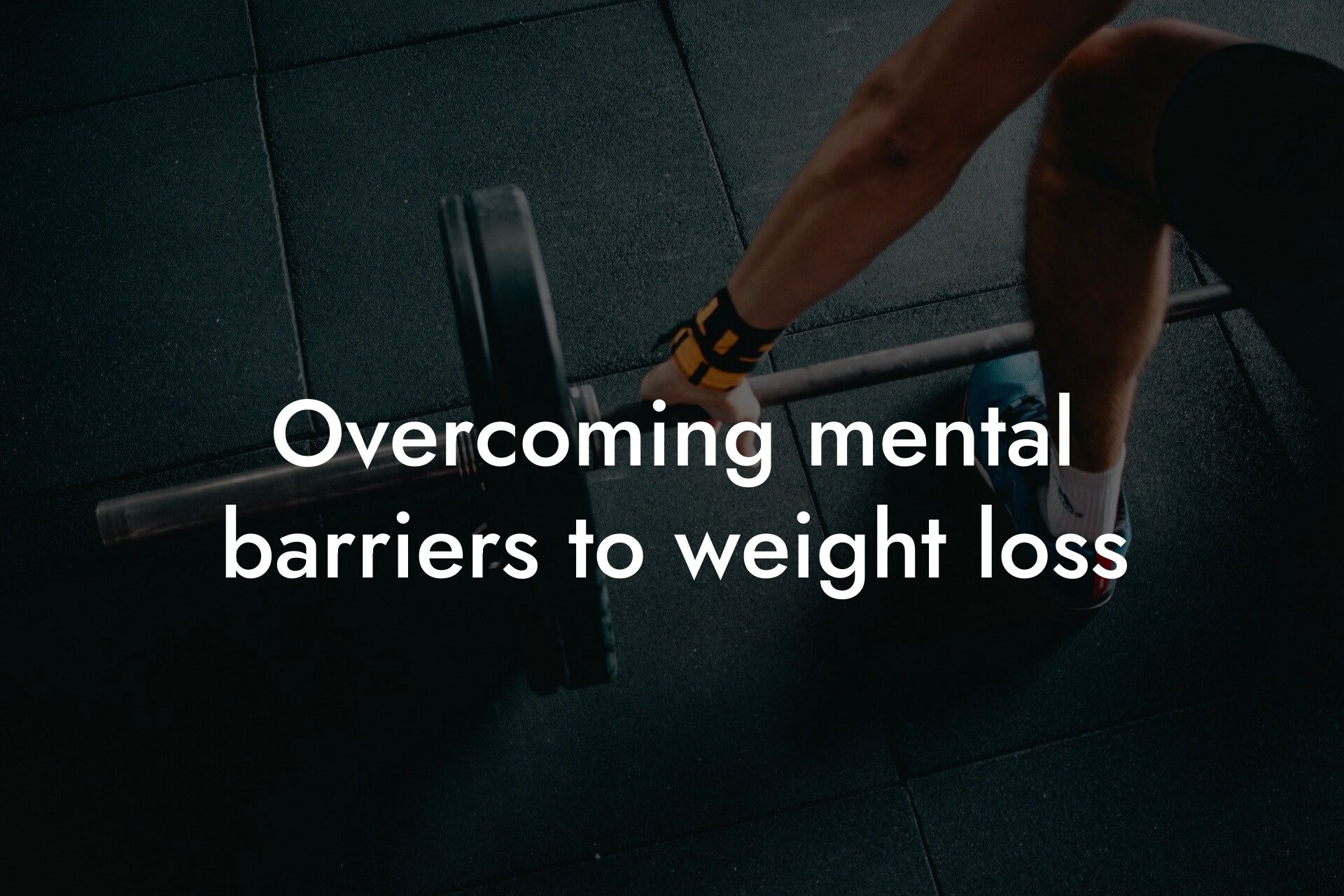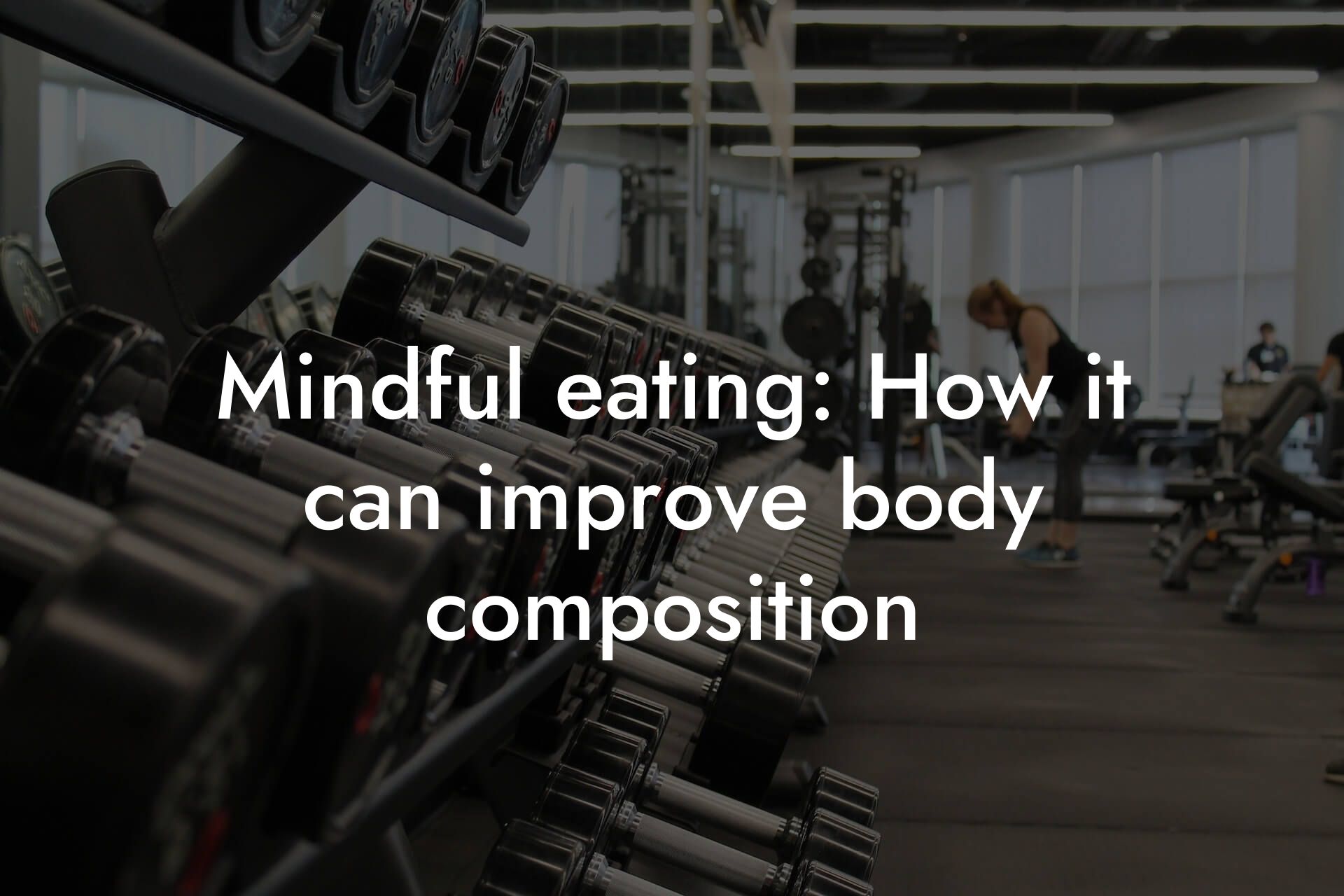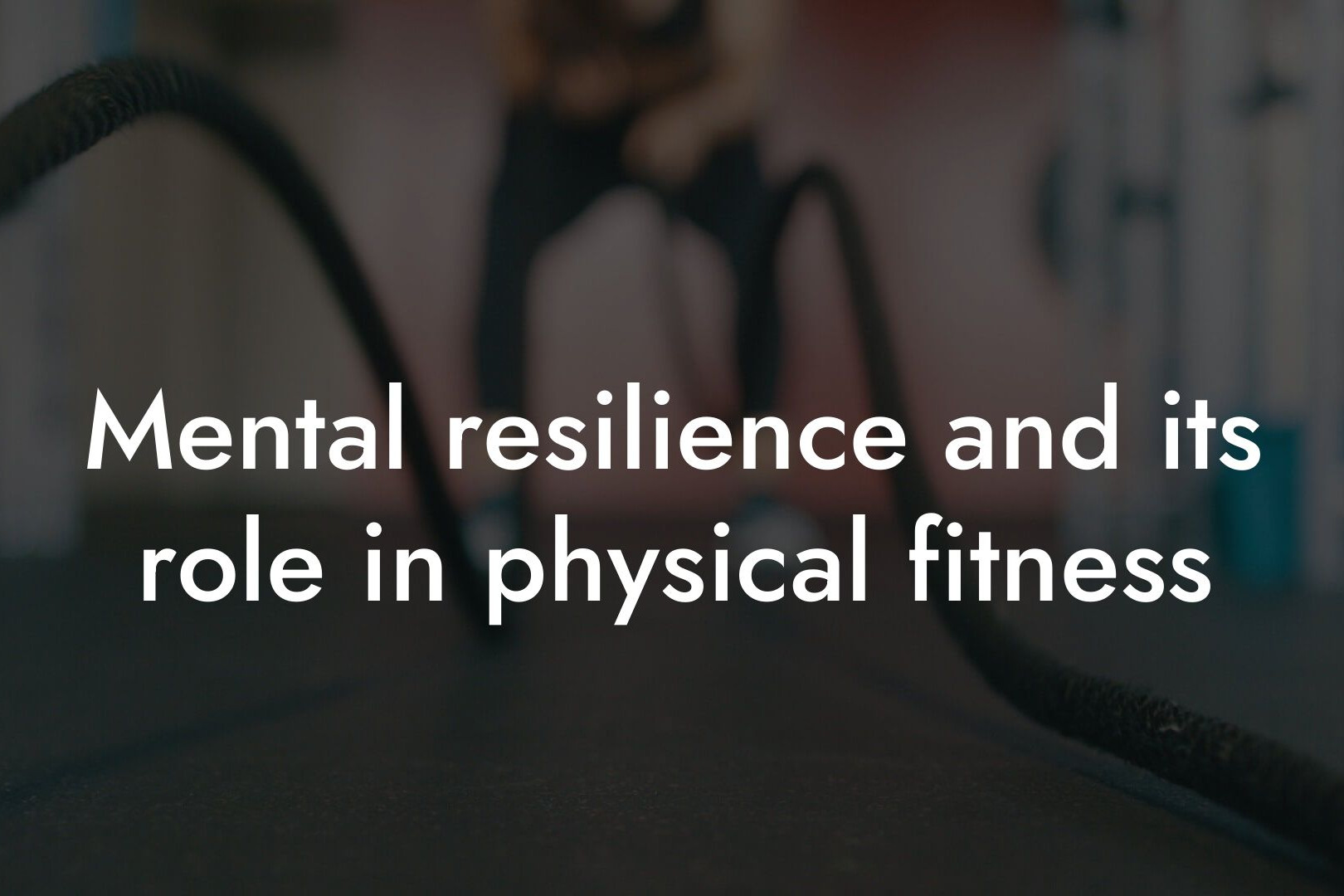As high-earning professionals, you understand the importance of taking care of your physical appearance and overall health. In today's society, there are two popular approaches to achieving this goal: body positivity and body optimization. While both concepts share some similarities, they have distinct differences in their approaches and philosophies. In this article, we'll delve into the world of body positivity and body optimization, exploring their meanings, benefits, and limitations, and provide guidance on finding a balance between the two.
Table of Contents
What is Body Positivity?
Body positivity is a movement that encourages individuals to accept and love their bodies, regardless of their shape, size, or appearance. It's about promoting self-acceptance, self-love, and self-worth, rather than trying to conform to societal beauty standards. Body positivity advocates for a more inclusive and diverse definition of beauty, recognizing that every body is unique and beautiful in its own way. This approach focuses on mental and emotional well-being, rather than physical appearance.
What is Body Optimization?
Body optimization, on the other hand, is a more goal-oriented approach that focuses on improving physical appearance and overall health through targeted efforts. It involves setting specific, measurable, and achievable goals, such as reducing body fat, increasing muscle mass, or improving bone density. Body optimization often requires a more structured approach, involving diet, exercise, and lifestyle changes. This approach is centered around physical transformation and improvement.
The Benefits of Body Positivity
Body positivity has several benefits, including:
• Improved mental health: By focusing on self-acceptance and self-love, individuals can reduce stress, anxiety, and depression related to body image issues.
• Increased confidence: When individuals accept and love their bodies, they're more likely to feel confident and empowered.
• Better relationships: Body positivity promotes a more inclusive and accepting attitude towards others, leading to stronger, more meaningful relationships.
• Reduced pressure to conform: By rejecting societal beauty standards, individuals can break free from the pressure to conform to unrealistic expectations.
The Benefits of Body Optimization
Body optimization also has its advantages, including:
• Improved physical health: By setting specific goals and working towards them, individuals can improve their overall physical health and reduce the risk of chronic diseases.
• Increased energy and motivation: Achieving physical goals can boost energy levels and motivation, leading to a more productive and fulfilling life.
• Enhanced athletic performance: Body optimization can help individuals improve their athletic performance, whether it's for recreational or competitive purposes.
• Better body awareness: By focusing on physical improvement, individuals can develop a greater understanding of their bodies and make informed decisions about their health.
The Limitations of Body Positivity
While body positivity has its benefits, it's essential to acknowledge its limitations:
• Lack of structure: Without clear goals or guidelines, body positivity can become too vague, making it challenging to achieve tangible results.
• Overemphasis on mental health: While mental health is crucial, body positivity might overlook the importance of physical health and well-being.
• Unrealistic expectations: Body positivity can create unrealistic expectations about body image, leading to disappointment and frustration.
The Limitations of Body Optimization
Similarly, body optimization has its limitations:
• Unrealistic goals: Setting unachievable goals can lead to disappointment, frustration, and burnout.
• Overemphasis on physical appearance: Body optimization might prioritize physical appearance over mental and emotional well-being.
• Negative impact on mental health: The pressure to achieve physical goals can negatively impact mental health, leading to anxiety, depression, and low self-esteem.
Finding Balance: A Holistic Approach
So, how can you find a balance between body positivity and body optimization? The key is to adopt a holistic approach that combines the benefits of both:
• Set realistic, achievable goals: Combine the goal-oriented approach of body optimization with the self-acceptance and self-love of body positivity.
• Focus on overall well-being: Prioritize physical, mental, and emotional well-being, rather than just focusing on physical appearance.
• Practice self-care: Engage in activities that promote self-love, self-acceptance, and self-worth, such as meditation, yoga, or journaling.
• Seek professional guidance: Consult with a healthcare professional or a registered dietitian to create a personalized plan that suits your needs and goals.
At Tano Performance Group, we understand the importance of finding a balance between body positivity and body optimization. Our DEXA machine provides a comprehensive body assessment, giving you the information you need to make informed decisions about your health and wellness. By combining our expertise with a holistic approach, you can achieve your goals and maintain a positive, healthy relationship with your body.
In conclusion, body positivity and body optimization are two distinct approaches to achieving physical and mental well-being. While both have their benefits and limitations, finding a balance between the two is crucial. By adopting a holistic approach that prioritizes overall well-being, sets realistic goals, and practices self-care, you can achieve a healthier, happier relationship with your body. Remember, it's not about choosing between body positivity and body optimization – it's about finding a balance that works for you.
Frequently Asked Questions
What is body positivity, and how does it relate to body optimization?
Body positivity is the practice of accepting and loving one's body, regardless of its shape, size, or appearance. It's about promoting self-acceptance, self-love, and self-worth. Body optimization, on the other hand, focuses on making intentional changes to improve one's physical appearance, health, and overall well-being. While both concepts may seem contradictory, finding a balance between the two is crucial for a healthy and positive relationship with one's body.
Is body positivity the same as being complacent about my body?
No, body positivity is not about being complacent or accepting unhealthy habits. It's about recognizing that every body is unique and beautiful, regardless of its imperfections. Body positivity encourages self-care, self-love, and self-acceptance, which can, in turn, motivate individuals to make healthy lifestyle choices that benefit their overall well-being.
How can I practice body positivity if I'm unhappy with my current physique?
Start by acknowledging your feelings and recognizing that it's okay to have insecurities. Then, focus on making small, positive changes that promote self-care and self-love. This can include activities like meditation, yoga, or simply taking time to appreciate your body's capabilities. Celebrate your strengths, accomplishments, and the things your body can do, rather than focusing on its appearance.
What is the difference between body positivity and body neutrality?
Body positivity focuses on promoting self-love, self-acceptance, and self-worth, often with an emphasis on appearance. Body neutrality, on the other hand, takes a more neutral stance, encouraging individuals to focus on their body's functionality and capabilities rather than its appearance. Body neutrality can be a helpful approach for those who struggle with body positivity due to past trauma or negative body image.
How can I balance body positivity with my desire to lose weight or improve my physique?
It's essential to recognize that body positivity is not about giving up on your fitness goals, but rather about approaching them with a positive and compassionate mindset. Focus on making sustainable lifestyle changes that promote overall health and well-being, rather than trying fad diets or quick fixes. Celebrate small victories, and acknowledge that every step forward is a success, regardless of the number on the scale.
What role does social media play in body positivity and body optimization?
Social media can have both positive and negative effects on body image. On one hand, it can provide a platform for body positivity advocates to share their stories and promote self-acceptance. On the other hand, it can also perpetuate unrealistic beauty standards and promote unhealthy comparisons. Be mindful of the content you consume, and follow accounts that promote positive body image and self-acceptance.
How can I talk to my friends and family about body positivity?
Approach the conversation with empathy and understanding. Avoid being judgmental or critical, and instead, focus on sharing your own experiences and the benefits you've gained from practicing body positivity. Encourage open and honest discussions, and be willing to listen to their perspectives and concerns.
What are some common misconceptions about body positivity?
One common misconception is that body positivity is about being complacent or accepting unhealthy habits. Another is that it's only for individuals who are overweight or obese. Body positivity is for everyone, regardless of their shape, size, or appearance. It's about promoting self-love, self-acceptance, and self-worth, and recognizing that every body is unique and beautiful.
How can I incorporate body positivity into my daily routine?
Start by practicing self-care and self-love. Take time each day to appreciate your body's capabilities, and celebrate your strengths and accomplishments. Engage in activities that promote positive body image, such as yoga, meditation, or reading body-positive literature. Make intentional choices to focus on your overall well-being, rather than your appearance.
What is the connection between body positivity and mental health?
Body positivity has a significant impact on mental health. By promoting self-love, self-acceptance, and self-worth, individuals can reduce anxiety, depression, and low self-esteem. Body positivity can also help individuals develop a more positive relationship with food, exercise, and their overall well-being.
How can I find a healthcare professional who supports body positivity?
Look for healthcare professionals who take a holistic approach to health and wellness, focusing on overall well-being rather than just weight or appearance. Ask questions during your initial consultation, such as their approach to body image and their experience working with clients with similar concerns. Trust your instincts, and find a professional who aligns with your values and promotes a positive and supportive environment.
What role does nutrition play in body positivity and body optimization?
Nutrition plays a critical role in both body positivity and body optimization. Focus on making sustainable, balanced choices that promote overall health and well-being, rather than trying fad diets or quick fixes. Recognize that every body is unique, and what works for one person may not work for another. Work with a registered dietitian or nutritionist to develop a personalized plan that meets your individual needs.
How can I balance body positivity with my desire to improve my athletic performance?
Focus on making intentional choices that promote overall athletic performance, rather than just appearance. Celebrate small victories, and acknowledge that every step forward is a success, regardless of your body composition. Recognize that every body is unique, and what works for one athlete may not work for another. Work with a coach or trainer who promotes a positive and supportive environment.
What are some body-positive affirmations I can use?
Some examples of body-positive affirmations include: "I am enough," "I love my body," "I am strong and capable," and "I am worthy of love and respect, regardless of my appearance." Repeat these affirmations daily, and focus on the positive aspects of your body and its capabilities.
How can I support a friend who is struggling with body image issues?
Be a supportive and non-judgmental listener. Avoid giving unsolicited advice or trying to "fix" the problem. Instead, focus on promoting positive body image and self-acceptance. Encourage your friend to seek professional help if needed, and offer to accompany them to appointments or support groups.
What is the connection between body positivity and self-care?
Body positivity and self-care are closely linked. By practicing self-care, individuals can promote positive body image, reduce anxiety and depression, and improve their overall well-being. Self-care activities can include meditation, yoga, reading, or simply taking time to appreciate one's body and its capabilities.
How can I incorporate body positivity into my workout routine?
Focus on making intentional choices that promote overall health and well-being, rather than just appearance. Celebrate small victories, and acknowledge that every step forward is a success, regardless of your body composition. Work with a trainer or coach who promotes a positive and supportive environment, and focus on activities that bring you joy and fulfillment.
What are some body-positive resources I can use?
Some examples of body-positive resources include books like "The Body Is Not an Apology" by Sonya Renee Taylor, online communities like The Body Positive, and social media accounts like @bodypositivity and @selfcare. Seek out resources that promote positive body image, self-acceptance, and self-love.
How can I talk to my children about body positivity?
Start by promoting positive body image and self-acceptance from a young age. Avoid making negative comments about their appearance, and instead, focus on celebrating their strengths and accomplishments. Encourage open and honest discussions, and be willing to listen to their concerns and perspectives.
What is the connection between body positivity and feminism?
Body positivity and feminism are closely linked. By promoting positive body image and self-acceptance, individuals can challenge societal beauty standards and promote gender equality. Body positivity encourages individuals to recognize that every body is unique and beautiful, regardless of its shape, size, or appearance.
How can I balance body positivity with my desire to improve my bone density?
Focus on making intentional choices that promote overall health and well-being, rather than just bone density. Celebrate small victories, and acknowledge that every step forward is a success, regardless of your bone density. Work with a healthcare professional to develop a personalized plan that meets your individual needs.
What are some common myths about body optimization?
One common myth is that body optimization is only for individuals who are young and healthy. Another is that it's only about appearance, rather than overall health and well-being. Body optimization is for everyone, regardless of age or health status, and it's about making intentional choices to promote overall well-being.
Here are some related articles you might love...
- Overcoming mental barriers to weight loss
- Mindful eating: How it can improve body composition
- Mental resilience and its role in physical fitness
- The role of visualization in achieving fitness goals
- The impact of chronic stress on body fat
- How meditation supports physical health
- The psychology of body image among professionals
- Cognitive-behavioral strategies for fitness success
- How stress management improves body composition
Zak Faulkner
Zak Faulkner is a leading authority in the realm of physical health and body composition analysis, with over 15 years of experience helping professionals optimise their fitness and well-being. As one the experts behind Tano Performance Group, Zak has dedicated his career to providing in-depth, science-backed insights that empower clients to elevate their physical performance and overall health.
With extensive knowledge of DEXA technology, Zak specializes in delivering comprehensive body assessments that offer precise data on body fat, muscle mass, bone density, and overall physique. His expertise enables individuals to make informed decisions and achieve their fitness goals with accuracy and confidence. Zak’s approach is rooted in a deep understanding of human physiology, combined with a passion for helping clients unlock their full potential through personalised strategies.
Over the years, Zak has earned a reputation for his commitment to excellence, precision, and client-focused service. His guidance is trusted by top professionals who demand the best when it comes to their health. Whether advising on fitness programs, nutritional strategies, or long-term wellness plans, Zak Faulkner’s insights are a valuable resource for anyone serious about taking their health and fitness to the next level.
At Tano Performance Group, Zak continues to lead our Content Team revolutionising how professionals approach their physical health, offering unparalleled expertise that drives real results.




